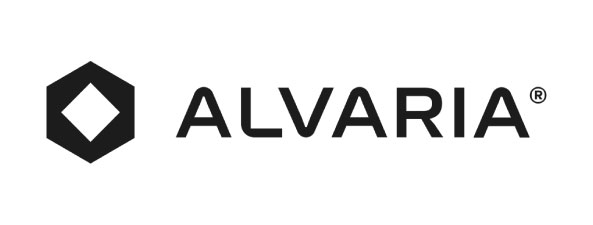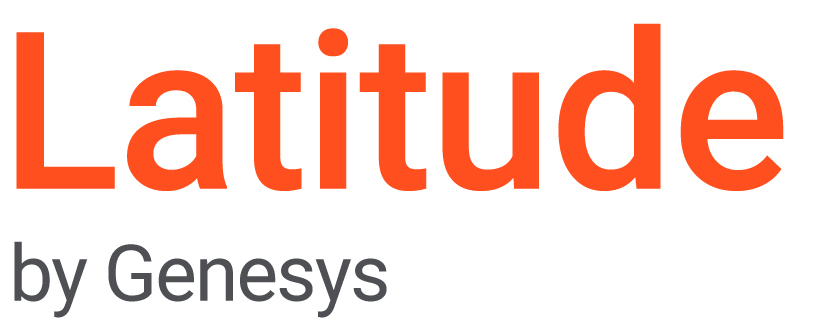The debt collections industry is poised to experience significant shifts following a notable proposal from the White House. Central to this change is the medical debt credit change initiative that seeks to remove medical bills from consumer credit reports. This move comes in the wake of concerns over the undue burden of unforeseen medical expenses on individuals and aims to foster a more forgiving financial environment.
The rationale behind this change is multifaceted. The Consumer Financial Protection Bureau (CFPB) has expressed reservations about certain debt collection practices. They argue that such practices could force individuals into settling bills they might not owe and have highlighted issues like aggressive collection methods and potential inaccuracies in data that creditors sometimes rely upon.
An illuminating insight from past data reveals that medical debt has been a predominant presence on credit reports, even overshadowing other debt types. Such a trend amplifies the importance of the medical debt credit change. The essence of this initiative is that individuals facing health challenges should primarily focus on their recovery without the looming shadow of potential debt collections.
The implications of this proposed change stretch further. Consumer reporting entities might soon be restricted from incorporating medical debts in their reports. Additionally, creditors may face constraints in leveraging these debts during underwriting decisions. As a positive spinoff, this change could pave the way for many U.S. adults, especially from marginalized communities, to secure loans or rentals more effortlessly.
But as the industry grapples with the medical debt credit change, there’s an acknowledgment of potential challenges, too. Small businesses within the debt collections realm may be impacted, and their feedback is being actively sought to ensure a balanced and strategic rollout of the new rules.
While the primary intent is to alleviate financial pressure from medical bills, the broader repercussions on the debt collections industry need careful consideration, ensuring a win-win for all stakeholders.
Keep up to date with compliance issues that affect the debt collections industry while safeguarding your profitability and increasing collection rates. Learn more about us or contact us via email, phone, or online.







